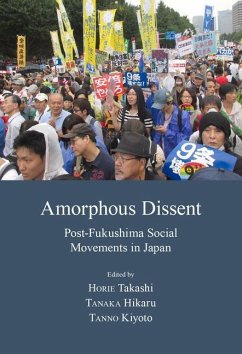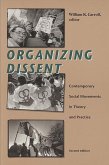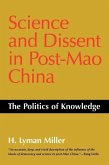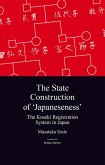Since the Fukushima nuclear accident in the wake of the Great East Japan Earthquake of 11 March 2011, Japan has seen a significant revival in its social activism. Large-scale social movements sprang up in response to such issues as denuclearization, proposed new US military bases in Okinawa and the 2015 National Security Legislation, propelled by dissatisfaction with the national government's stance on these fronts. In the context of the broader 'amorphization' of Japanese society, this book characterizes these movements as 'amorphous' based on the phenomenon in which movements are formed by diverse and disparate people and display disparate, disorganized and undefined elements in stark contrast to Japanese social movements of the past which were of a highly structured organizational type. The authors have direct, first-hand experience of these social movements and paint vivid pictures of their diverse activities. Chapters focus on issues such as opposition to hate speech and US military bases in Okinawa, and examine in detail movements such as SEALDs, Hangenren and Amateur Revolt, perhaps the most amorphous social movement in Japan of this period.
Hinweis: Dieser Artikel kann nur an eine deutsche Lieferadresse ausgeliefert werden.
Hinweis: Dieser Artikel kann nur an eine deutsche Lieferadresse ausgeliefert werden.








